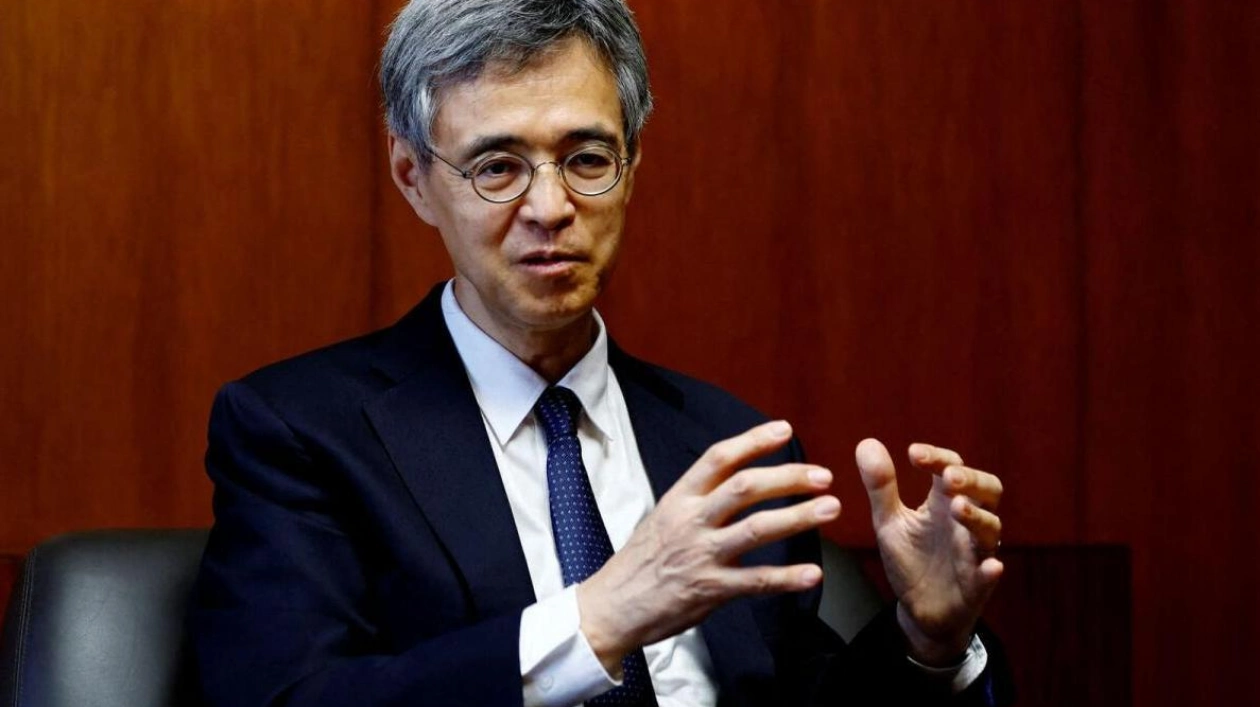Bank of Japan Deputy Governor Ryozo Himino emphasized on Wednesday that the central bank would persist in raising interest rates if inflation remained on track, while also keeping a close eye on financial market conditions. These remarks align with those made by Governor Kazuo Ueda last week, who indicated that recent market fluctuations would not disrupt the bank's long-term plans for rate increases. However, Himino noted that the central bank must first observe financial markets with 'utmost vigilance' due to their ongoing instability, as stated during a press conference following a meeting with business leaders in Kofu, central Japan.
The BoJ will assess the effects of recent market volatility, the July interest rate hike, and the trajectory of the U.S. economy on its economic and price forecasts, Himino explained. 'Our stance remains unchanged; we will adjust monetary easing if economic activity and prices are expected to meet our projections,' he declared. In July, the BoJ shocked markets by raising interest rates to a 15-year peak and signaling further increases in borrowing costs as inflation approached its 2 percent target.
The BoJ's assertive stance caused the yen to surge and Tokyo stocks to plummet, marking the worst single-day decline since the 1987 Black Monday crash, although markets have since steadied. Ueda faced questioning in parliament last week regarding the July decision, where he reiterated his commitment to raising rates if inflation continued on a path to sustainably meet the 2 percent target. A Reuters poll indicated that most economists anticipate another rate hike by the BoJ this year, with December being the more likely timing over October.
Before the press conference, Himino expressed optimism about the Japanese economy's future during a speech to business leaders. 'The baseline scenario for the future is that growth and inflation will progress in line with the BoJ's outlook,' he stated, according to the text on the central bank's website. He also noted that the yen's recent strengthening might ease the burden of rising import costs and profit pressures on many small and medium-sized firms. Although a stronger yen could impact export-oriented companies' profits, the current yen rates are not significantly different from those in their business plans, he added.
Himino further commented that stock price volatility 'need not overly influence business sentiment' as Japanese firms have adapted and established competitive advantages. Private consumption, which was previously a weak point in the economy, will be supported by wage growth and moderating inflation, although the BoJ must remain cautious of potential risks that inflation may not ease and could continue to suppress real wages.






